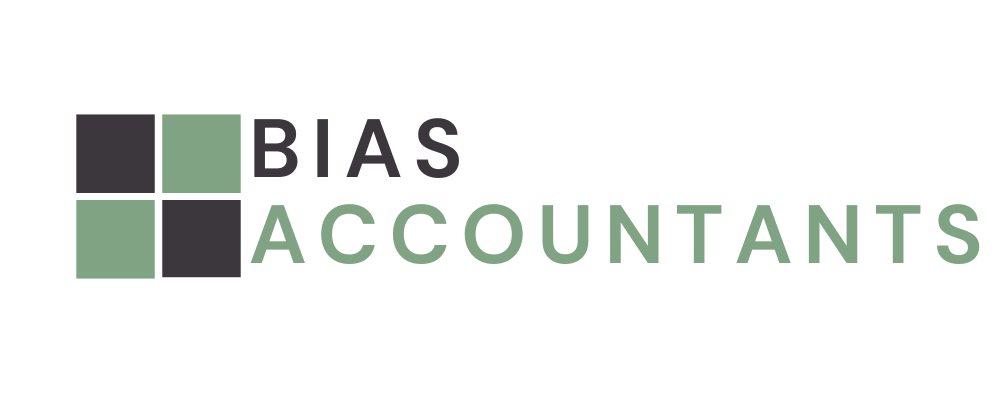It’s no secret this year’s Autumn Statement may well contain some sweeping changes to the UK tax code and fiscal legislation.
The new Chancellor of the Exchequer, Rachel Reeves, has made it clear that there are ‘difficult decisions to be made’, primarily due to the £22 billion deficit in the public finances that the Labour Government has inherited from the previous administration.
Savings must be made and government revenues must be improved if the Government is to get the UK economy back on track in the medium to long term.
Autumn Statement 2024: possible announcements we may hear.
So, what announcements are we likely to hear from the Chancellor on 30 October 2024? Here’s a quick rundown of some of the rumours, announcements and possible changes:
Proposed cuts to winter fuel payments for some pensioners.
Cuts to the winter fuel allowance have already been passed in Parliament, with the possibility of further paring back of benefits across other welfare and social payments.
VAT on private school fees.
The Chancellor has also announced that all education services and vocational training supplied by a private school, or a connected person, for a charge will be subject to VAT at the standard rate of 20%, from 1 January 2025.
No rises in taxes for working people.
Rachel Reeves has made it clear that she won’t target taxes for working people, like income tax, NI or VAT. Keeping consumers spending and businesses trading will be vital to any kind of economic recovery.
Corporation tax changes not impossible.
Back in February, Labour pledged not to increase corporation rates if elected to government. However, there’s potential for the standard rate of 25% to be reduced to make the UK more competitive.
Rises in capital gains taxation.
While working taxes won’t be increased, there may be changes to some taxes, such as capital gains tax and inheritance tax. This could be bad news for business owners and high-net-worth individuals.
No introduction of a wealth tax.
The Chancellor made it clear in the run-up to the General Election that a wealth tax was off the table, so we’re unlikely to see any changes to the higher bands of income tax in this Autumn Statement.
Changes to pensions.
The annual total of the state pension will rise by £460 from April 2025, but key changes to private pensions legislation are also possible. This could involve restricting tax deductions on contributions to either the basic rate (20%), or possibly 30%. There could also be reductions in the amount that can be withdrawn tax-free from your pension, currently 25%, capped at £268,275.
More detail on changes to non-dom rule.
Changes to the non-domiciled rules for UK business owners and high-net-worth individuals were previewed in July.
There could be more details around how the new Foreign Income & Gains (FIG) system will work and what the potential impact could be for owners with overseas assets.
Sign up for our Autumn Statement summary.
Want a breakdown of all the big announcements from the forthcoming Autumn Statement? Our summary of the Autumn Statement will be out the next day for UK business owners.
Get a concise breakdown of all the key business announcements and how they might affect your business, your finances and your personal wealth.








